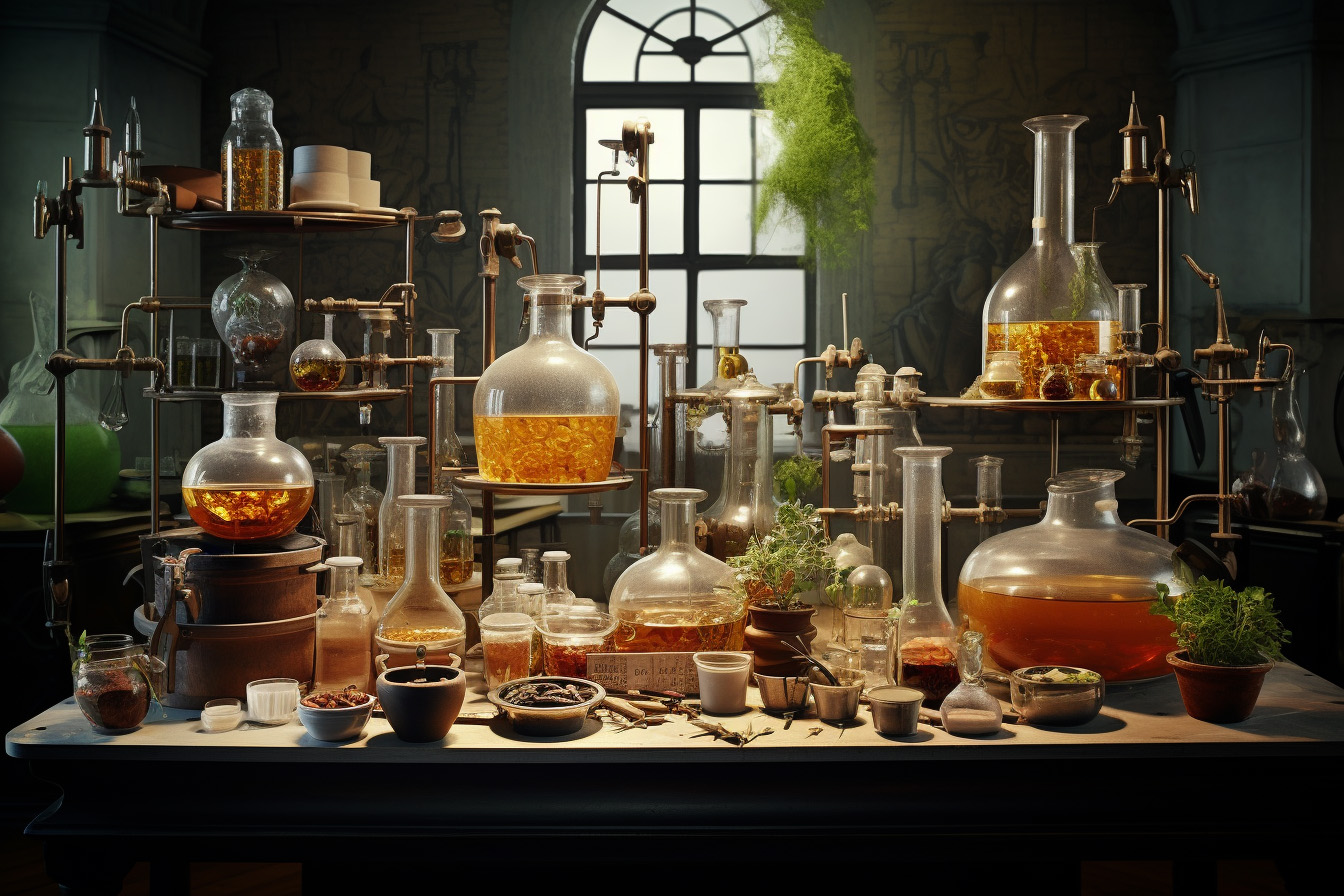A unique and refreshing homemade wine made from lemon juice and sugar, known as Skeeter Pee. Perfect for those who love experimenting with fermentation.
Homemade Lemonade Wine
This recipe for homemade lemonade wine, also known as Skeeter Pee, is a unique and fun experiment for those who love fermentation. Originally created by Lon DePoppe of skeeterpee.com, this recipe uses the leftover yeast slurry from another batch of wine or mead, along with lemon juice and sugar. The result is a refreshing and tangy wine that’s perfect for summer.
Ingredients
- 96 oz 100% lemon juice
- 7 lbs sugar to ferment
- 3/4 tsp tannin (optional)
- Water to 4.5 gallons
- Yeast Slurry
- Potassium metabisulfite
- Potassium sorbate
- 3 cups sugar to sweeten finished wine
- Yeast nutrient (DAP works fine, with about a tsp added with every lemon juice addition)
- Fining agent, like Sparkolloid or Super Kleer
- 1.5 lbs blueberries
- 1 pts water
- .5 cup priming sugar
- 1 yeast packet
- Yeast nutrient
Directions
- Boil fermentation sugar with 1/3 of the lemon juice and one gallon of water to invert the sugar. Allow to cool and add to carboy.
- Add in tannin, yeast slurry, and water to 4.5 gallons.
- Pitch in a tsp of yeast nutrient.
- Three days into active fermentation, add the next 1/3 of the lemon juice and another tsp of yeast nutrient.
- After seven more days of active fermentation, add the final 1/3 of the lemon juice and another tsp of yeast nutrient.
- Ferment dry.
- Rack to secondary and add stabilizers (potassium metabisulfite and potassium sorbate) by package instructions.
- After three days, add fining agent. Allow to clear.
- Boil one cup of water and mix in the three cups of sugar needed to sweeten the wine. It should be syrupy.
- Pour sugar syrup into bottling bucket and rack wine into the bucket, making sure that the whirlpool thoroughly mixes the syrup into the wine.
- Bottle. Serve chilled/over ice.
- Pro-tip: due to all the acid, Skeeter Pee can stress the yeast – take your time and oxygenate well, or you might end up with rotten egg smelling gases that you’ll have to splash-rack out.

